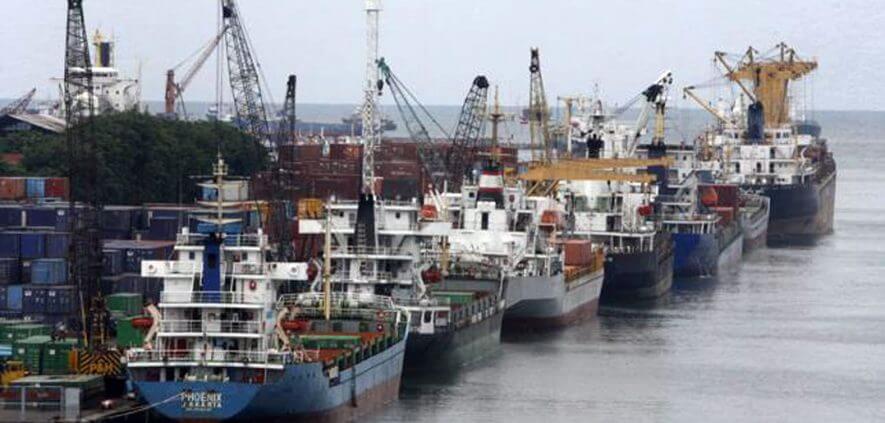The duty on the export of raw or semi-finished leather at the moment is 15%. But the Indonesian Association of Tanners (APKI), which through the words of its president complains that it works only 40% of its production potential, asked Jakarta’s government to raise tax duties . The tariff barrier, introduced to facilitating the supply local tanneries with the national raw material, would not be effective because of contraband exports of raw leather. The APKI, in any case, rather than greater controls in ports calls for more protectionism. Globalisation is not experiencing a big popularity (Russia, Zimbabwe, and Azerbaijan, for example, have limited or shut down the export of raw materials). However, Indonesia’s stance stride with the fact that the same governments do not disdain exports with foreign countries when it suits them. Jakarta, for example, in recent years has carved out a leading role in the footwear industry. According to the latest edition of the World Footwear Yearbook, in 2015 it was the world’s fourth largest producer holding 4.4% of the worldwide production of shoes. According to the Indonesian Association of footwear (Aprisindo), the country’s productive capacity is exploited only to 50-60% of its capacity, therefore, a growth is still possible.
Indonesia’s double standards: protectionism on raw leathers, globalised for shoe exports










